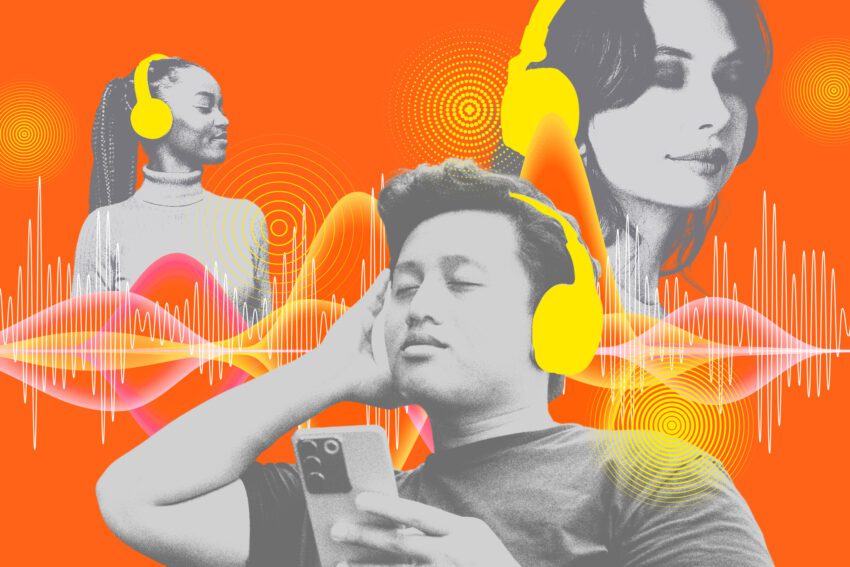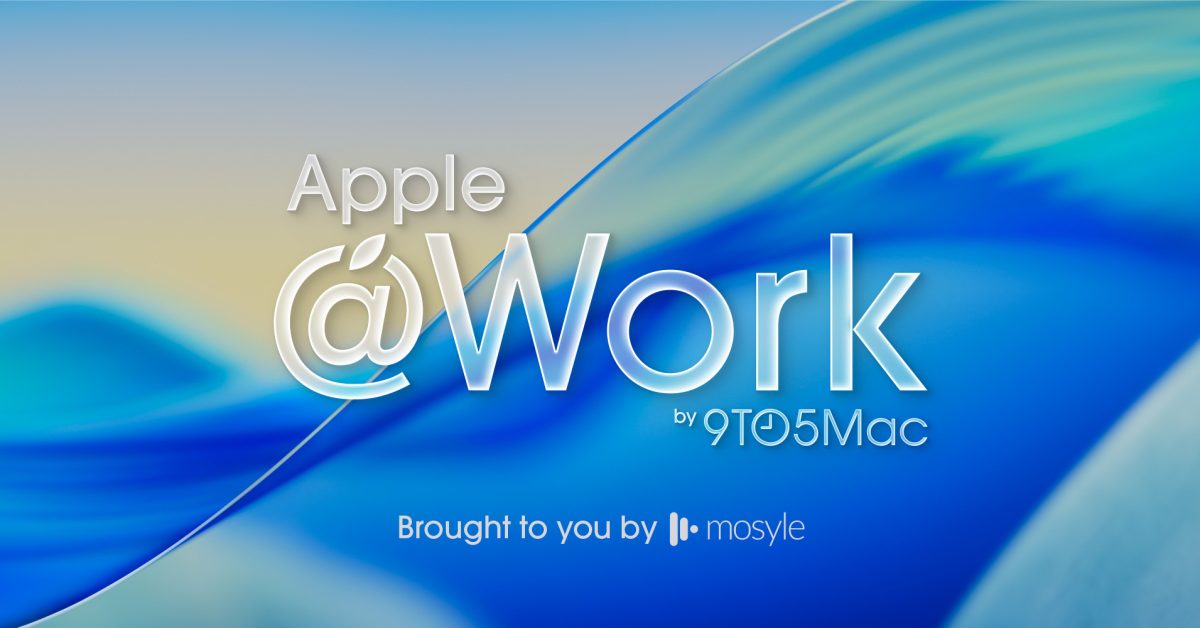
how to find music you will love Listeners are increasingly seeking ways to discover music that resonates with them without relying on algorithm-driven recommendations.
how to find music you will love
The Shift in Music Discovery
In recent years, the landscape of music discovery has undergone a significant transformation, largely due to the rise of algorithmic recommendations. While these algorithms can curate playlists and suggest songs based on listening habits, they have also contributed to a more passive listening experience. The convenience of pressing play and allowing a digital system to dictate what we hear has led many to feel disconnected from the music itself.
The Passive Listening Experience
One of the most glaring issues with algorithm-driven music discovery is that it encourages passive listening. Platforms like Spotify, Apple Music, and YouTube have made it incredibly easy to let a playlist or station run indefinitely. Users can create a “station” based on a favorite song or artist, activate features like Discover Weekly, or simply let autoplay take over after an album concludes. This ease of access, while convenient, has resulted in a lack of intentionality in how we engage with music.
Research indicates that younger generations, in particular, are experiencing music as background noise rather than as an active, engaging experience. This shift has implications not only for individual listeners but also for artists and the music industry as a whole. When music becomes merely a soundtrack to our daily lives, it risks losing its emotional and cultural significance.
The Role of Algorithms in Music Discovery
Algorithms are designed to analyze data and make predictions based on user behavior. In the context of music streaming, they track what songs users listen to, how often they listen, and even the time of day they prefer certain genres. This data is then used to create personalized playlists and recommendations. While this can lead to the discovery of new artists and songs, it also raises questions about the authenticity of the music experience.
Limitations of Algorithmic Recommendations
Algorithms often prioritize popular tracks and mainstream artists, which can overshadow emerging talent. This focus on data-driven decisions can create an echo chamber, where users are repeatedly exposed to the same types of music. As a result, listeners may miss out on diverse genres, lesser-known artists, and unique sounds that don’t fit neatly into algorithmic categories.
Moreover, the reliance on algorithms can lead to a homogenization of music. When recommendations are based solely on user behavior, they may inadvertently stifle creativity and innovation. Artists may feel pressured to conform to popular trends to gain visibility, which can dilute the richness of the music landscape.
Reclaiming Active Listening
To counteract the passive listening experience fostered by algorithms, many music enthusiasts are seeking ways to engage more actively with their music. Here are several strategies that can help listeners rediscover the joy of music exploration.
1. Curated Playlists and Mixes
One effective way to find new music is by exploring curated playlists created by music experts, influencers, or even friends. These playlists often reflect a specific theme, mood, or genre, providing a more intentional listening experience. By seeking out playlists that resonate with personal tastes, listeners can discover tracks that may not be highlighted by algorithms.
2. Attend Live Music Events
Live music events, such as concerts, festivals, and local gigs, offer an opportunity to experience music in a communal setting. Attending these events can introduce listeners to new artists and genres they may not encounter through streaming platforms. The energy of a live performance often enhances the emotional connection to the music, making it a memorable experience.
3. Explore Music Blogs and Magazines
Music blogs and magazines often feature reviews, interviews, and recommendations that can lead listeners to new discoveries. By following reputable sources, music lovers can stay informed about emerging artists and trends. These platforms often highlight underground or independent musicians who may not receive mainstream attention, enriching the listening experience.
4. Engage with Music Communities
Online forums, social media groups, and local music clubs provide spaces for music enthusiasts to share recommendations and discuss their favorite tracks. Engaging with a community of like-minded individuals can lead to valuable insights and discoveries. Whether through Reddit threads, Facebook groups, or Discord servers, these interactions can foster a deeper appreciation for diverse musical styles.
5. Use Music Discovery Apps
Several apps are designed specifically for music discovery, allowing users to explore new sounds without the influence of algorithms. Platforms like Bandcamp, SoundCloud, and Audiomack enable listeners to discover independent artists and niche genres. These apps often prioritize user-generated content, providing a refreshing alternative to mainstream streaming services.
The Implications for Artists
The shift away from algorithm-driven music discovery also has significant implications for artists. As listeners become more intentional about their music choices, there is an opportunity for emerging talent to gain visibility. Artists who prioritize authenticity and creativity may find a receptive audience among listeners seeking unique sounds.
Building a Direct Connection with Fans
In an era where algorithms dominate music discovery, artists can benefit from building direct connections with their fans. Social media platforms allow musicians to share their stories, engage with their audience, and promote their work outside of traditional channels. By fostering a sense of community, artists can cultivate a loyal fan base that appreciates their music on a deeper level.
Embracing Diverse Influences
As listeners seek out diverse musical experiences, artists are encouraged to explore a wide range of influences. By experimenting with different genres and styles, musicians can create innovative sounds that resonate with a broader audience. This willingness to embrace diversity can lead to exciting collaborations and fresh musical expressions.
Conclusion
The evolution of music discovery in the age of algorithms presents both challenges and opportunities. While algorithmic recommendations can simplify the process of finding new music, they also risk creating a passive listening experience that diminishes the emotional connection to music. By reclaiming active listening through curated playlists, live events, music blogs, and community engagement, listeners can rediscover the joy of music exploration.
As artists navigate this changing landscape, the emphasis on authenticity and creativity will be crucial in capturing the attention of discerning listeners. Ultimately, the future of music discovery lies in the balance between technology and human connection, allowing for a richer, more meaningful engagement with the art form.
Source: Original report
Was this helpful?
Last Modified: November 15, 2025 at 8:36 pm
0 views















